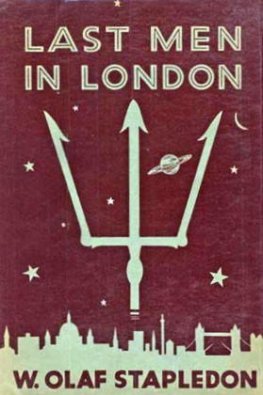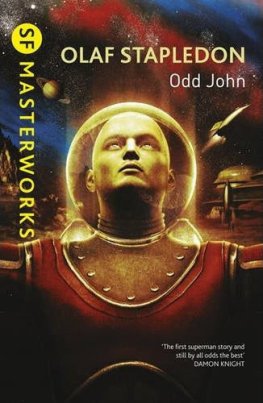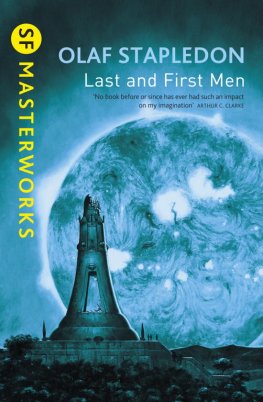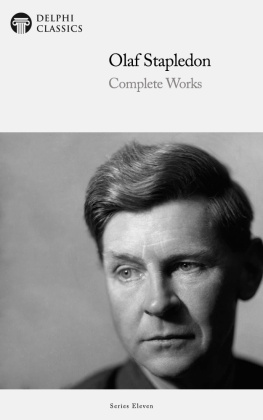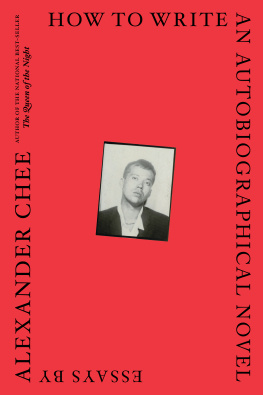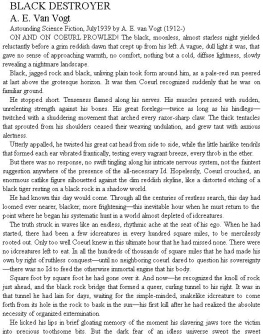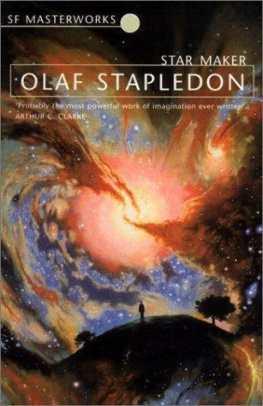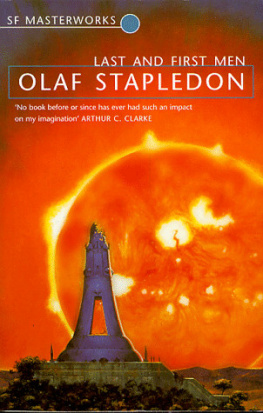William Olaf Stapledon
LAST MEN IN LONDON
THOUGH this is a work of fiction, it does not pretend to be a novel. It has no hero but Man. Since its purpose is not the characterization of individual human beings, no effort has been made to endow its few persons with distinctive personalities. There is no plot, except the theme of mans struggle in this awkward age to master himself and to come to terms with the universe. This theme I seek to present by imagining that a member of a much more developed human species, living on Neptune two thousand million years hence, enters into our minds to observe the Terrestrial field through our eyes but with his own intelligence. Using one of us as a mouthpiece, he contrives to tell us something of his findings. The shortcomings of his report must be attributed to the limitations of his Terrestrial instrument.
This book is intelligible without reference to another fantasy, which I produced two years ago, and called Last and First Men. But readers of that earlier book will find that Last Men in London is complementary to it. In both, the same Neptunian being speaks, formerly to tell the story of mans career between our day and his, now to describe the spiritual drama which, he tells us, underlies the whole confused history of our species, and comes to its crisis today. The present book is supposed to be communicated from a date in Neptunian history later than the body of the earlier book, but before its epilogue.
The last section of the chapter on the War, though it makes use to some extent of personal experience, is none the less fiction.
It will be obvious to many readers that I have been influenced by the very suggestive work of Mr Gerald Heard. I hope he will forgive me for distorting some of his ideas for my own purpose.
My thanks are due once more to Mr E. V. Rieu for many valuable criticisms and suggestions; and to Professor and Mrs L. C. Martin (who read the untidy manuscript) for condemnation and encouragement without which the book would have been much worse than it is. Finally I would thank my wife both for hard labour, and for other help which she is apparently incapable of appreciating.
Let me remind the reader that henceforth and up to the opening of the Epilogue the speaker is a Neptunian man of the very remote future.
W. O. S.September 1932
INTRODUCTION:THE FUTURES CONCERN WITH THE PAST
MEN and women of Earth! Brief Terrestrials, of that moment when the First Human Species hung in the crest of its attainment, wavelike, poised for downfall, I a member of the last Human Species, address you for a second time from an age two thousand million years after your day, from an age as remotely future to you as the Earths beginning is remotely past.
In my earlier communication I told of the huge flux of events between your day and mine. I told of the rise and fall of many mankinds, of the spirits long desolations and brief splendours. I told how, again and again, after age-long sleep, man woke to see dimly what he should be doing with himself; how he strove accordingly to master his world and his own nature; and how, each time, circumstances or his own ignorance and impotence flung him back into darkness. I told how he struggled with invaders, and how he was driven from planet to planet, refashioning himself for each new world. I told, not only of his great vicissitudes, but also of the many and diverse modes of mind which he assumed in different epochs. I told how at length, through good fortune and skilled control, there was fashioned a more glorious mankind, the Eighteenth Human Species, my own. I hinted as best I might at the great richness and subtlety, the perfect harmony and felicity, of this last expression of the human spirit. I told of our discovery that our own fair planet must soon be destroyed with all the suns offspring; and of our exultant acceptance even of this doom. I told of the final endeavours which the coming end imposes on us.
In this my second communication I shall say little of my own world, and less of the ages that lie between us. Instead I shall speak mostly of your world and of yourselves. I shall try to show you yourselves through the eyes of the Last Men. Of myself and my fellow-workers, I shall speak, but chiefly as the link between your world and mine, as pioneering explorers in your world, and secret dwellers in your minds. I shall tell of the difficulties and dangers of our strange exploration of ages that to us are past, and of our still stranger influence upon past minds. But mostly I shall speak of men and women living in Europe in your twentieth Christian century, and of a great crisis that we observe in your world, a great opportunity which you tragically fail to grasp.
In relation to the long drama which I unfolded in my earlier communication it might well seem that even the most urgent and the most far-reaching events of your little sphere are utterly trivial. The rise and fall of your world-moving individuals, the flowering and withering of your nations, and all their blind, plant-like struggle for existence, the slow changes and sudden upheavals of your society, the archaic passions of your religious sects, and quick-changes of your fashionable thought, all seem, in relation to those aeons of history, no more than the ineffective gyrations of flotsam of the great river of humanity, whose direction is determined, not by any such superficial movements, but by the thrust of its own mass and the configuration of the terrain.
In the light of the stars what significance is there in such minute events as the defeat of an army, the issue of a political controversy, the success or failure of a book, the result of a football match? In that cold light even the downfall of a species is a matter of little importance. And the final extinction of man, after his two thousand million years of precarious blundering, is but the cessation of one brief tremulous theme in the great music of the cosmos.
Yet minute events have sometimes remarkable consequences. Again and again this was evident in the great story that I told. And now I am to describe events some of which, though momentary and minute in relation to the whole career of man, are yet in relation to yourselves long-drawn-out and big with destiny. In consequence of these momentary happenings, so near you, yet so obscure, mans career is fated to he the Weary succession of disasters and incomplete victories which I described on an earlier occasion.
But the account of these events, though it is in some sense the main theme of this book, is not its sole, not even its chief purpose. I shall say much of your baseness, much of your futility. But all that I say, if I say it well, and if the mind that I have chosen for my mouthpiece serves me adequately, shall be kindled with a sense of that beauty which, in spite of all your follies and treasons, is yours uniquely. For though the whole career of your species is so confused and barren, and though, against the background of the rise and fall of species after species and the destruction of world after world, the life of any individual among you, even the most glorious, seems so completely ineffective and insignificant, yet, in the least member of your or any other species, there lies for the discerning eye a beauty peculiar not only to that one species but to that one individual.
To us the human dawn is precious for its own sake. And it is as creatures of the dawn that we regard you, even in your highest achievement. To us the early human natures and every primitive human individual have a beauty which we ourselves, in spite of all our triumphs, have not; the beauty namely of lifes first bewildered venturing upon the wings of the spirit, the beauty of the child with all its innocent brutishness and cruelty. We understand the past better than it can understand itself, and love it better than it can love itself. Seeing it in relation to all things, we see it as it is; and so we can observe even its follies and treasons with reverence, knowing that we ourselves would have behaved so, had we been so placed and so fashioned. The achievements of the past, however precarious and evanescent, we salute with respect, knowing well that to achieve anything at all in such circumstances and with such a nature entailed a faith and fortitude which in those days were miracles. We are therefore moved by filial piety to observe all the past races of men, and if possible every single individual life, with careful precision, so that, before we are destroyed, we may crown those races our equals in glory though not in achievement. Thus we shall contribute to the cosmos a beauty which it would otherwise lack, namely the critical yet admiring love which we bear toward you.

